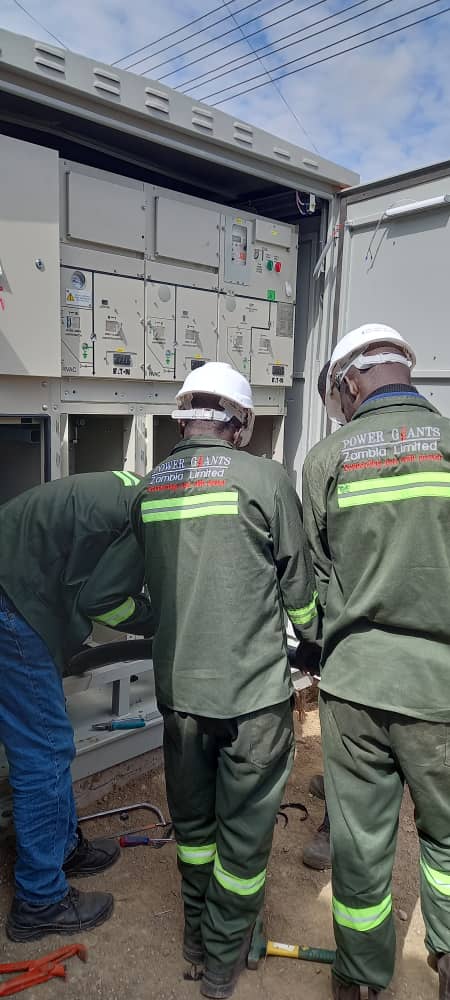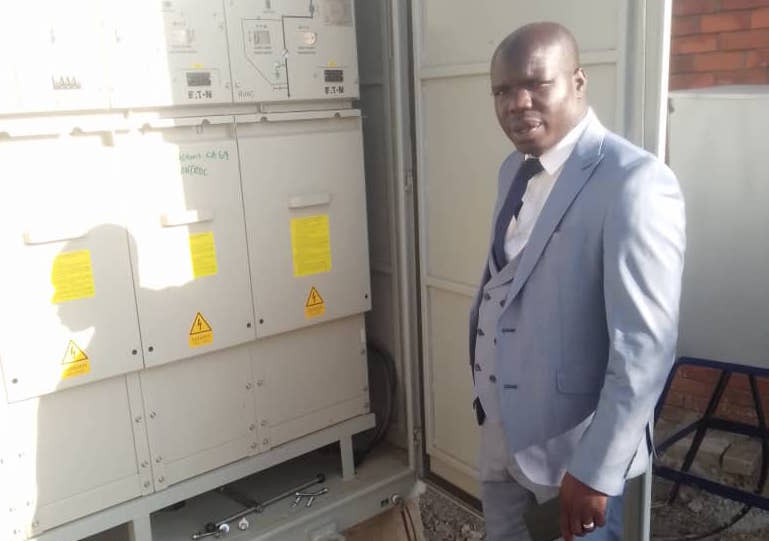|
Getting your Trinity Audio player ready…
|
By Sowell Chikwari
Industry and agriculture sectors have been urged to optimise resources by adopting clean energy solutions as a panacea to the power crisis which has paralyzed large-scale industrial operations and commercial farming.
In an agro-based economy experiencing acute power challenges, renewable energy-powered irrigation infrastructure is crucial for agricultural productivity.
Zimbabwe has average solar irradiation of 20MJ per square metre per day and 3,000 hours of sunshine per year which makes it ideal for solar-powered infrastructure.
Power and energy firm, Power Giants Southern and East Africa (Power Giants) say the adoption of renewable energy options will help to cushion commercial farmers from the crippling power cuts being experienced nationwide.
“The recurring power crisis which has paralyzed industry and the agricultural sectors require resources optimisation which entails the adoption of cost-effective measures to enhance agricultural productivity,” said Power Giants CEO, Engineer Edzai Kachirekwa in an interview with this publication.

“Energy sources such as solar, wind, geothermal, and biofuels also have the capacity to mitigate climate change and reduce greenhouse emissions,” he added.
In 2021, the government rolled out the National Development Strategy (NDS) Phase 1 (2021-2025) which aims to increase power supply from the current installed capacity of 2317MW to 3467MW by 2025, to develop a middle-income economy, to escalate the uptake of renewables and achieve a 33% reduction of greenhouse gas emissions by 2030 inter alia.
This was driven by the promulgation of the National Renewable Energy Policy (2019) whose aim was to raise the share of renewables in the energy mix by creating incentives in the supply, demand, and distribution value chain.
The launch of the US $6.5m Renewable Energy and Adaptation and Climate Technologies program sub-Saharan Africa (REACT SSA) by the Africa Enterprise Challenge Fund (AECF) is also set to boost private sector involvement in power generation, complementing government efforts.
